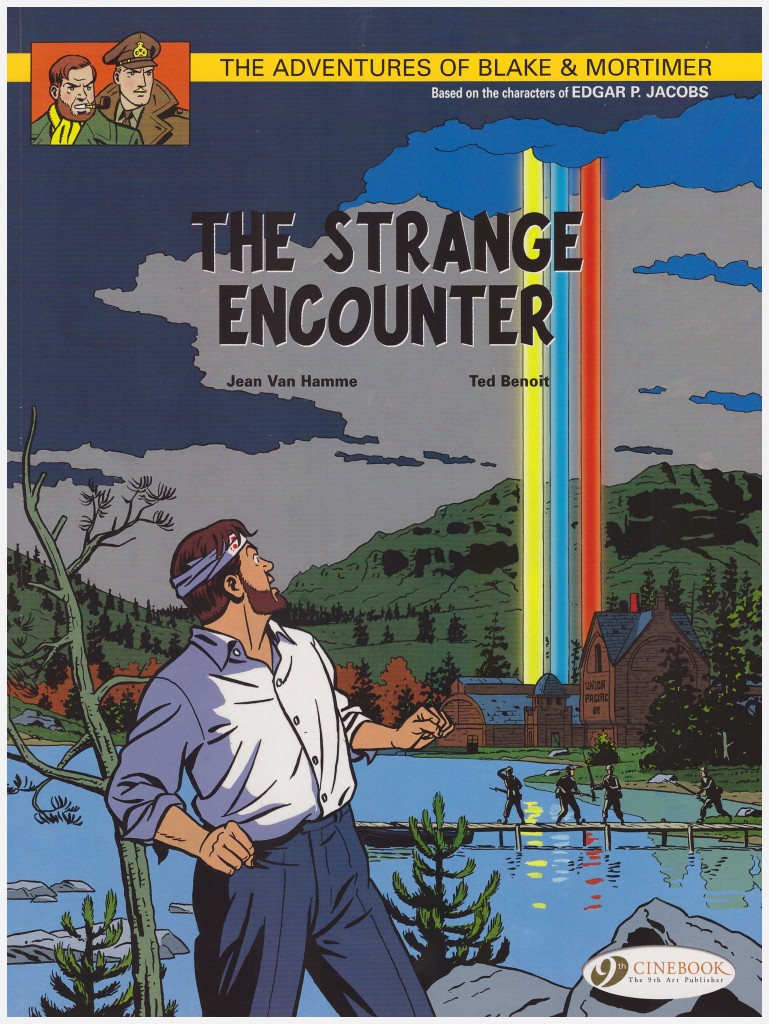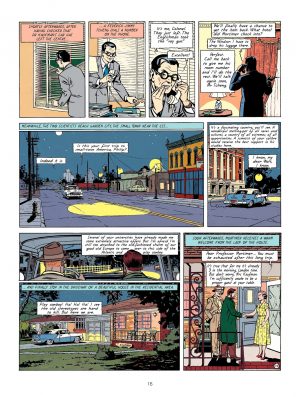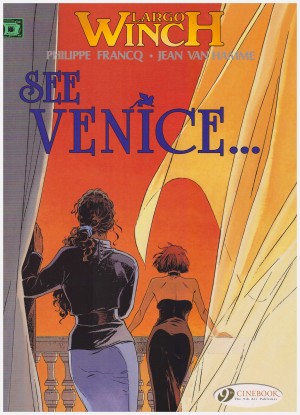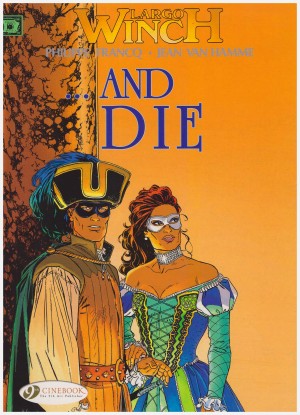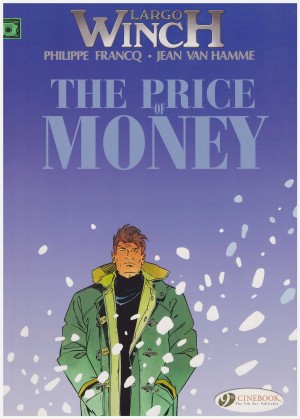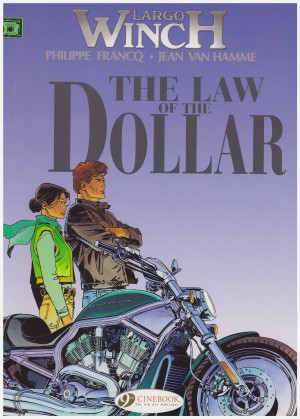Review by Frank Plowright
The choice of first modern day writer to continue revered European adventure series Blake & Mortimer was Jean Van Hamme, with his impressive track record of one series of best selling graphic albums following another. His first book, The Francis Blake Affair, stuck very closely to one of the templates established by creator Edgar Jacobs for Blake and Mortimer, that of the Agatha Christie style mystery, and Van Hamme’s second effort investigates another standby.
Jacobs’ attempts at science-fiction and the fantastical, thrilling in the 1950s, haven’t dated well, as technological advances have reduced what was once eye-opening to commonplace. Attempting to recreate that type of story, therefore, while remaining faithful to Jacobs, is fraught with risk. Van Hamme straddles a fine line, but just about pulls off that aspect.
He sets a puzzle in the opening pages as we see a soldier during the American war of independence vanish between three coloured pillars of light. This was witnessed, but when the soldier failed to return to ranks he was branded a deserter. He’s next seen in 1954, dead, and still in uniform. Professor Mortimer becomes involved in the investigation as the man was one of his ancestors, and is astounded to discover what appears to be alien technology in his pockets.
Rapidly thereafter Mortimer has his own encounter with people possessing the same technology, and their colleagues are intent on preventing Captain Blake from attending his conference in Washington. Before long some familiar faces have appeared, and Blake and Mortimer are knee deep in mystery.
Ted Benoit’s art is wonderful. Suitably sinister when required, and quite beautiful in places, such as his depictions of small town USA in the 1950s as on the sample page. He delivers both the expanse and the minutae, while also supplying retro-style scientific equipment.
Van Hamme’s revelation cleverly sidesteps expectations, and the further investigations he sets in motion are well planned. His reverence for Jacobs is evident, but while perfectly acceptable in every respect, this lacks the spark both of Van Hamme’s best adventure material elsewhere, and the Blake and Mortimer books being written by Yves Sente.
It presents an interesting critical dichotomy for those who love the work of Jacobs. Van Hamme is as close as they could wish for, but does that approach still work almost fifty years after Jacobs’ death?
